Python FullStack Developer Course in Hyderabad
- Home
- Courses
Python Training course Curriculum
Our Python course syllabus is framed by our Industry Expert Mr. Kusu Srinivas Sir. This Python and Django course content covers all the Latest Topics from Basics to Advanced Level Like Python for Deep Learning, Machine Learning, AI, Web development, Data Science, Desktop GUI Applications, Game Development and Business Applications.
- Module 1: An Introduction To Python
- Module 2: Python Basics
- Module 3: Flow Control statements in Python
- Module 4: Data Structure and Collections in Python
- Module 5: List Data Structure
- Module 6: Tuple Data Structure
- Module 7: Set Data Structure
- Module 8: Dictionary Data Structure
- Module 9: Strings in Python
- Module 10: Functions in Python
- Module 11: Advanced Topics in Python Functions
- Module 12: Python Modules and Packages
- Module 13: Exception Handling in Python
- Module 14: File handling in Python
- Module 15: Oops Concepts
- Module 16: Regular Expressions
- Module 17: Advanced concepts in Pythons
- Module 18: Multi Threading in Python
- Module 19: GUI in Python
- Module 20: Database Concepts
- Module 21: Python Libraries
- Module 22: Django
